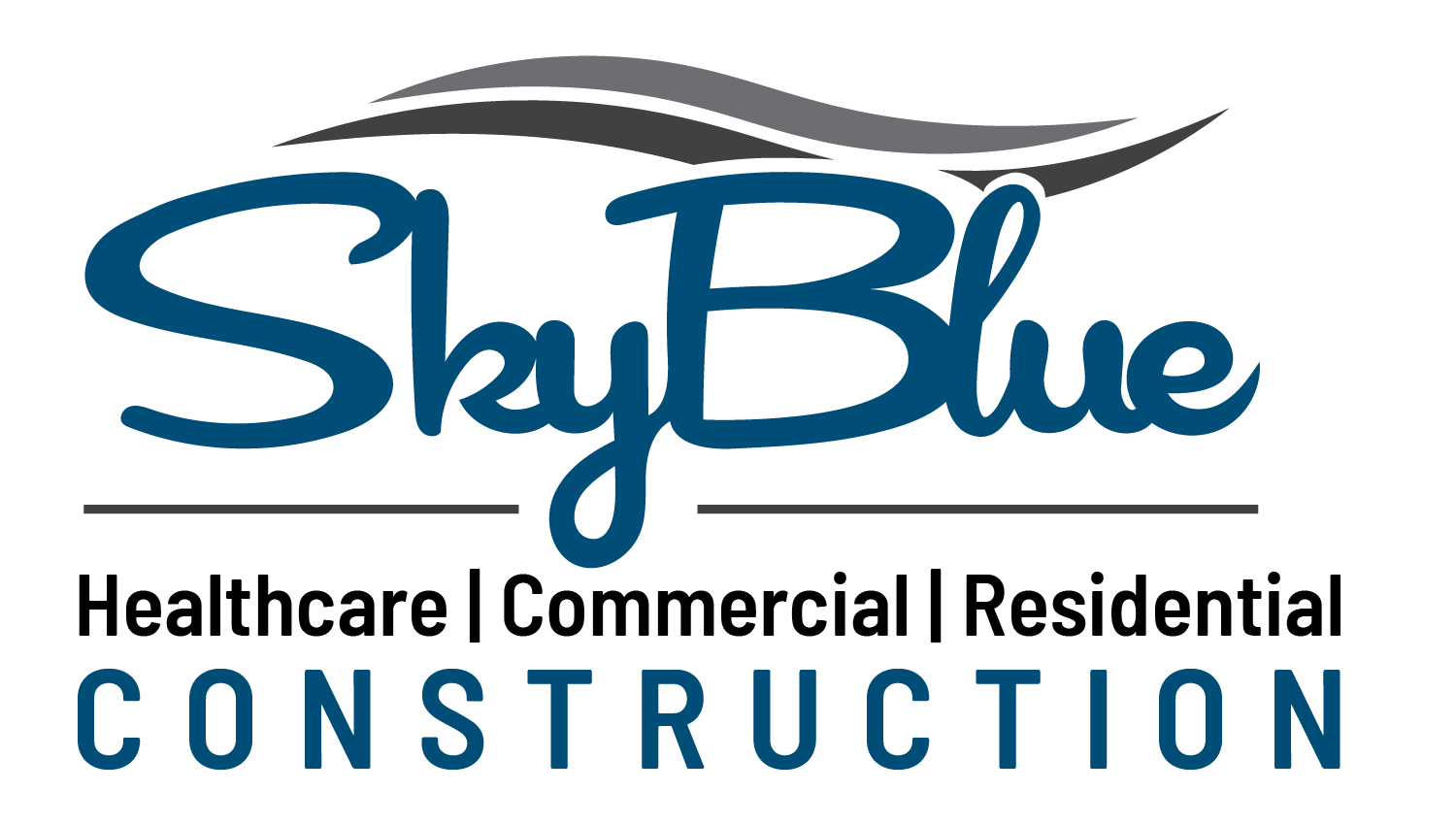Calgary’s unpredictable and often harsh weather poses constant challenges for industrial construction contractors. With freezing temperatures, heavy snowfall, strong winds, and sudden Chinook winds, contractors face significant obstacles. They must not only stay on schedule but also prioritize safety and cost-efficiency in these extreme conditions.
Let’s discuss the unique weather-related challenges that an industrial construction contractor in Calgary encounters.
The Unique Impact of Climate on an Industrial Construction Contractor in Calgary
Calgary’s position at the foothills of the Rocky Mountains means its weather is famously unpredictable. Industrial contractors often face drastic temperature changes, heavy snowfalls, and strong winds. This demands a constant state of readiness to adjust schedules and protect both workers and materials from the elements.
Snow Removal and Site Preparation
One of the biggest challenges for contractors is dealing with snow pile-up. Construction sites need regular clearing to keep things moving. Snow can cover equipment and materials, making them hard to access or potentially damaging them. Contractors rely heavily on snow removal tools like plows and blowers to keep the area clean and safe. They also often call in third-party services when snowstorms hit particularly hard.
Cold Weather Gear and Worker Safety
Contractors know that protecting their workers in freezing conditions is necessary. They provide multi-layered, insulated clothing like gloves and boots to prevent frostbite. Additionally, they make sure there are heated shelters on-site where workers can warm up during breaks. These practices are strictly followed to avoid cold-related health issues.
Temporary Heating and Enclosures
During winter, contractors often bring in temporary heating systems to keep job sites running smoothly. These units stop machinery from freezing and make sure that materials, like concrete, stay usable. Contractors also set up tarps or insulated enclosures around specific work zones to create more controlled environments. This keeps major tasks continuing despite freezing temperatures or strong winds.
Equipment and Machinery Adaptation for Cold Weather
Cold temperatures don’t just affect workers—they can also seriously impact machinery. Industrial contractors in Calgary have developed specific methods to keep their equipment running, even when the weather turns brutal.
Cold-Weather Fluids and Regular Maintenance
Freezing temperatures can cause machinery to break down. Contractors use specially formulated cold-resistant fluids to prevent engines and hydraulic systems from freezing. They also follow strict maintenance routines during the winter to avoid any malfunctions. By inspecting machinery daily for signs of damage from the weather, contractors stay ahead of potential breakdowns. Antifreeze solutions are also commonly used to protect vulnerable equipment from freezing up.
Heated Equipment Storage
To prevent machinery from freezing overnight, many contractors store their gear in heated facilities. This simple step guarantees that cranes, loaders, and forklifts are ready to roll when work resumes the next day. Keeping equipment in warm spaces also cuts down on potential breakdowns, which would cause costly delays.
Dealing with Wind Hazards
Calgary’s famous Chinook winds can create unique challenges. Contractors have to be extra cautious when the wind picks up, especially when operating cranes or working on tall structures. They monitor wind speeds closely and adjust their operations accordingly. If the winds become too strong, contractors pause high-risk tasks to avoid accidents, like cranes tipping over or materials getting blown away.
Worker Safety in Extreme Conditions
Safety is always a top priority in construction, but it becomes even more critical during Calgary’s harsh weather conditions. An industrial construction contractor in Calgary prioritizes safety by taking various measures to simplify their teams’ efforts to work efficiently while staying healthy in extreme cold.
Heated Break Areas and Shortened Shifts
During the winter months, contractors in Calgary often provide heated break areas. These temporary shelters give workers a place to warm up during breaks, significantly reducing the risk of cold-related injuries like frostbite and hypothermia. When temperatures drop to hazardous levels, contractors often shorten shifts to limit the time workers are exposed to the elements. This thoughtful approach strengthens team safety without sacrificing productivity.
Adjusted Work Schedules
Many industrial construction contractors in Calgary adjust work schedules based on the weather. On cold mornings, workers may start later when temperatures have slightly risen. In extreme cases, when forecasts predict especially hazardous weather, contractors may choose to postpone outdoor work altogether and focus on tasks that can be done indoors or in sheltered areas. This flexibility helps to balance safety with the need to keep the project moving forward.
Training and Cold Weather Preparedness
Safety training becomes especially important in Calgary’s extreme weather. Contractors provide specific guidance on recognizing early signs of frostbite or hypothermia and offer clear instructions on how to handle emergencies on-site. Workers are trained to assess their environment and inform supervisors if conditions become too unsafe to continue working. This vigilance keeps everyone informed and prepared for sudden weather changes.
Managing Project Timelines Amidst Weather Delays
Weather-related delays are inevitable in Calgary’s construction industry. However, contractors have developed strategies to limit their impact on project timelines and budgets.
Building in Buffer Time
Experienced contractors regularly include extra time in their project schedules to account for potential weather disruptions. By anticipating delays caused by snow storms or extreme cold, contractors can avoid letting these interruptions significantly affect overall timelines. They stay proactive by closely monitoring weather forecasts and adjusting schedules to prevent unnecessary setbacks.
Accelerating Work When Weather Improves
When conditions improve, contractors often increase the workforce or extend work hours to make up for lost time. They make the most of favorable weather by rescheduling key tasks or deliveries, guaranteeing the project can progress without further delays. This approach helps keep things on track despite the challenges Calgary’s winter weather presents.
Winter-Optimized Construction Techniques
In Calgary, contractors have adapted their methods to better handle winter conditions. For example, they use high-performance concrete that cures quickly, even in cold temperatures. This makes sure that foundational work continues smoothly, preventing project bottlenecks. Contractors also rely on heated tarps and coverings to protect key structures from snow and ice, allowing work to proceed without significant weather-related issues.
Conclusion
Extreme weather demands quick adaptation and consistent productivity from an industrial construction contractor in Calgary. Their success depends on staying prepared, making quick decisions, and prioritizing safety in a constantly shifting climate. Despite challenges like snowstorms, high winds, and freezing temperatures, their flexibility and innovation make sure that projects keep progressing efficiently.
Prepare your industrial project for Calgary’s harshest weather with our nuclear shielding services, designed for safety and efficiency in any climate.


